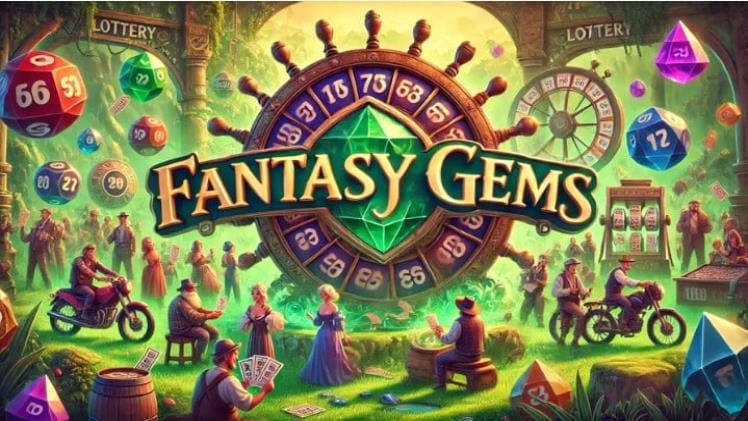Gaming can be an exciting and immersive experience, but excessive play can lead to emotional burnout. When players engage in prolonged sessions without adequate breaks, they may experience fatigue, frustration, and even emotional detachment. Recognizing the warning signs of emotional burnout is essential to maintaining a healthy relationship with gaming and overall well-being.
Table of Contents
- 1 Increased Irritability and Mood Swings
- 2 Loss of Motivation and Interest
- 3 Physical Fatigue and Sleep Disruptions
- 4 Decline in Social Interaction
- 5 Increased Anxiety and Pressure to Perform
- 6 Difficulty Concentrating on Other Tasks
- 7 Numbness and Lack of Emotional Response
- 8 Increased Reliance on Gaming for Stress Relief
- 9 Neglecting Personal Health and Self-Care
- 10 Conclusion
Increased Irritability and Mood Swings
One of the earliest signs of emotional burnout from overplaying is a noticeable change in mood. Players who once enjoyed gaming may start feeling irritable or easily frustrated over minor setbacks. Instead of treating losses or challenges as opportunities to improve, they may react with anger or impatience. These mood swings can spill over into daily life, affecting interactions with family, friends, and colleagues. When gaming leads to persistent negativity rather than enjoyment, it may indicate burnout.
Loss of Motivation and Interest
Avid gamers typically feel excited about progressing in their favorite games, unlocking new content, or engaging in friendly competition. However, when emotional burnout sets in, they may struggle to find motivation or interest. Tasks within the game that once felt rewarding may become monotonous or draining. Players may start to question why they continue gaming, feeling as though they are going through the motions without genuine excitement.
Physical Fatigue and Sleep Disruptions
Overplaying can take a toll on physical health, leading to fatigue and irregular sleep patterns. Late-night gaming sessions or prolonged screen exposure may disrupt the body’s natural sleep cycle, resulting in exhaustion during the day. Players experiencing burnout often have trouble falling asleep or wake up feeling unrested. Chronic sleep deprivation can impact focus, decision-making, and emotional regulation, making it even harder to enjoy gaming in a balanced way.
Decline in Social Interaction
Gaming can be a social activity, allowing players to connect with friends and online communities. However, emotional burnout may cause players to withdraw from social interactions, avoiding conversations or neglecting relationships outside of gaming. They may struggle to engage in non-gaming activities or feel disconnected from loved ones. A decline in social engagement can signal an unhealthy attachment to gaming that requires adjustment.
Increased Anxiety and Pressure to Perform
Competitive gaming can be thrilling, but excessive focus on performance can lead to anxiety and stress. Players may feel intense pressure to win, climb ranks, or meet unrealistic expectations. Instead of playing for enjoyment, they may become overly concerned with statistics, achievements, and comparisons with others. This pressure can lead to emotional exhaustion, making every gaming session feel like a test rather than a fun experience.
Difficulty Concentrating on Other Tasks
Burnout from gaming can affect cognitive function, making it difficult to focus on other responsibilities. Players may struggle with work, studies, or daily chores because their minds are preoccupied with gaming-related thoughts. This difficulty in concentrating can lead to procrastination, missed deadlines, and decreased productivity in non-gaming areas of life. When gaming starts interfering with essential responsibilities, it may indicate a need to reassess playtime habits.
Numbness and Lack of Emotional Response
A more concerning sign of emotional burnout is a feeling of numbness or emotional detachment. Players may no longer experience excitement, joy, or even frustration while gaming. Instead, they may feel indifferent to wins, losses, or major in-game events. This emotional flatness can extend beyond gaming, affecting their ability to feel engaged in personal relationships and hobbies. Recognizing this symptom early can help players regain emotional balance before it escalates further.
Increased Reliance on Gaming for Stress Relief
While gaming can be a great way to unwind, players experiencing burnout may rely on it excessively as a coping mechanism. Instead of addressing real-life challenges in a healthy way, they may turn to gaming as an escape. If gaming becomes the only way to manage stress or avoid difficult emotions, it may indicate an unhealthy dependency that requires intervention. Finding other outlets for relaxation, such as exercise, social activities, or creative hobbies, can help restore emotional well-being.
Neglecting Personal Health and Self-Care
Emotional burnout from gaming like bdg colour prediction can lead to neglecting physical health and self-care routines. Players may skip meals, forget to hydrate, or avoid exercise due to extended gaming sessions. Poor self-care habits can exacerbate fatigue and emotional exhaustion, making recovery even more difficult. Establishing a balanced routine with designated gaming time and self-care activities can prevent burnout from escalating.
Conclusion
Emotional burnout from overplaying is a serious issue that can impact mental and physical well-being. Recognizing warning signs such as irritability, loss of motivation, fatigue, and anxiety allows players to take proactive steps toward recovery. By setting limits on playtime, prioritizing self-care, and engaging in diverse activities, players can maintain a healthy relationship with gaming. Striking a balance between play and real-life responsibilities ensures that gaming remains an enjoyable experience rather than a source of exhaustion.




